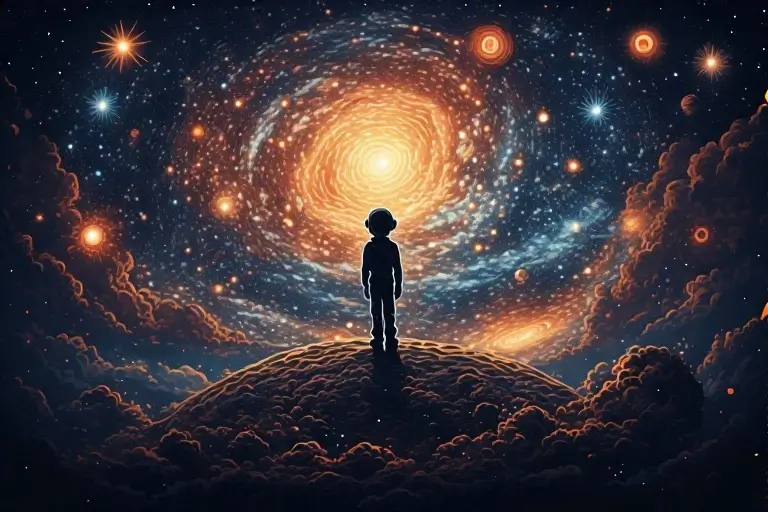
The Future of Energy
Highlight uncommon words
Renewables and Nuclear Power As the world population grows, so does the demand for energy. In recent years, there has been an increased focus on finding alternative sources of energy to replace fossil fuels. This is driven by concerns over climate change and the desire to reduce greenhouse gas emissions. Two of the most promising options for the future of energy are renewables and nuclear power. Renewable energy sources include wind, solar, geothermal, hydroelectric, and biomass. They are called "renewable" because they are replenished naturally and can be used repeatedly. Renewable energy is also considered "clean" energy because it does not produce greenhouse gas emissions. Solar energy is one of the fastest-growing renewable energy sources. It involves using solar panels to capture the sun's energy and convert it into electricity. Wind energy is another renewable energy source that is growing rapidly. It involves using wind turbines to generate electricity from the wind. Geothermal energy is a lesser-known renewable energy source that involves harnessing the natural heat of the Earth to generate electricity. Hydroelectric energy is generated by using water to turn turbines, and biomass energy is generated by burning organic materials. Nuclear power is another option for the future of energy. It involves splitting atoms to generate heat, which is then used to produce electricity. Nuclear power is considered a low-emission energy source, but it does produce radioactive waste, which can be dangerous if not properly managed. While both renewables and nuclear power have the potential to replace fossil fuels and reduce greenhouse gas emissions, they each have their own advantages and disadvantages. Renewables are clean and renewable, but they are not always reliable sources of energy. They depend on the weather and other environmental factors, which can be unpredictable. Nuclear power, on the other hand, is reliable and can provide large amounts of energy, but it comes with the risk of accidents and the challenge of properly managing radioactive waste. The future of energy is likely to involve a combination of renewable energy sources and nuclear power. Governments and businesses around the world are investing in these technologies and working to make them more efficient and cost-effective. As renewable energy becomes more reliable and nuclear power becomes safer, we may be able to reduce our dependence on fossil fuels and create a more sustainable future. In conclusion, the future of energy is an important topic that affects us all. The development of renewable energy sources and nuclear power has the potential to reduce greenhouse gas emissions and create a more sustainable future. While both options have their own advantages and disadvantages, it is likely that a combination of renewable energy and nuclear power will be the key to meeting our energy needs in the years to come. As we continue to explore new technologies and invest in sustainable energy sources, we can work towards a brighter and more sustainable future for ourselves and future generations.



